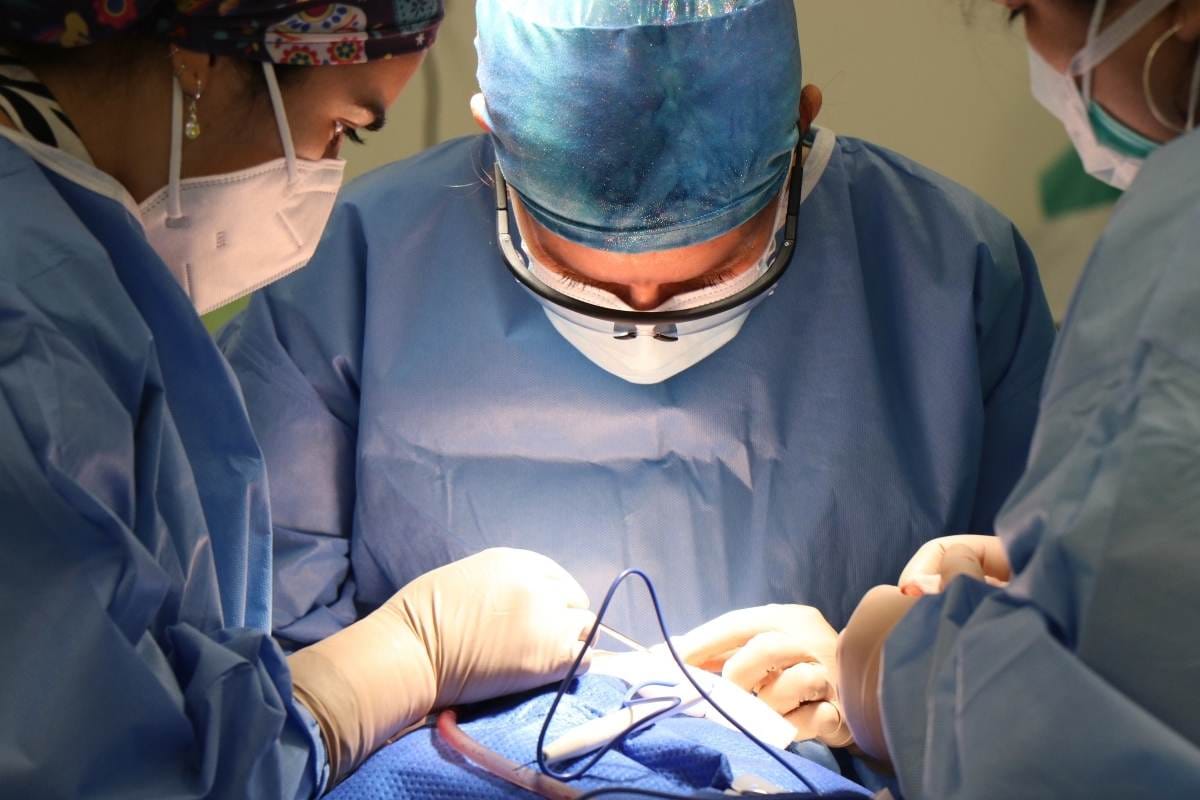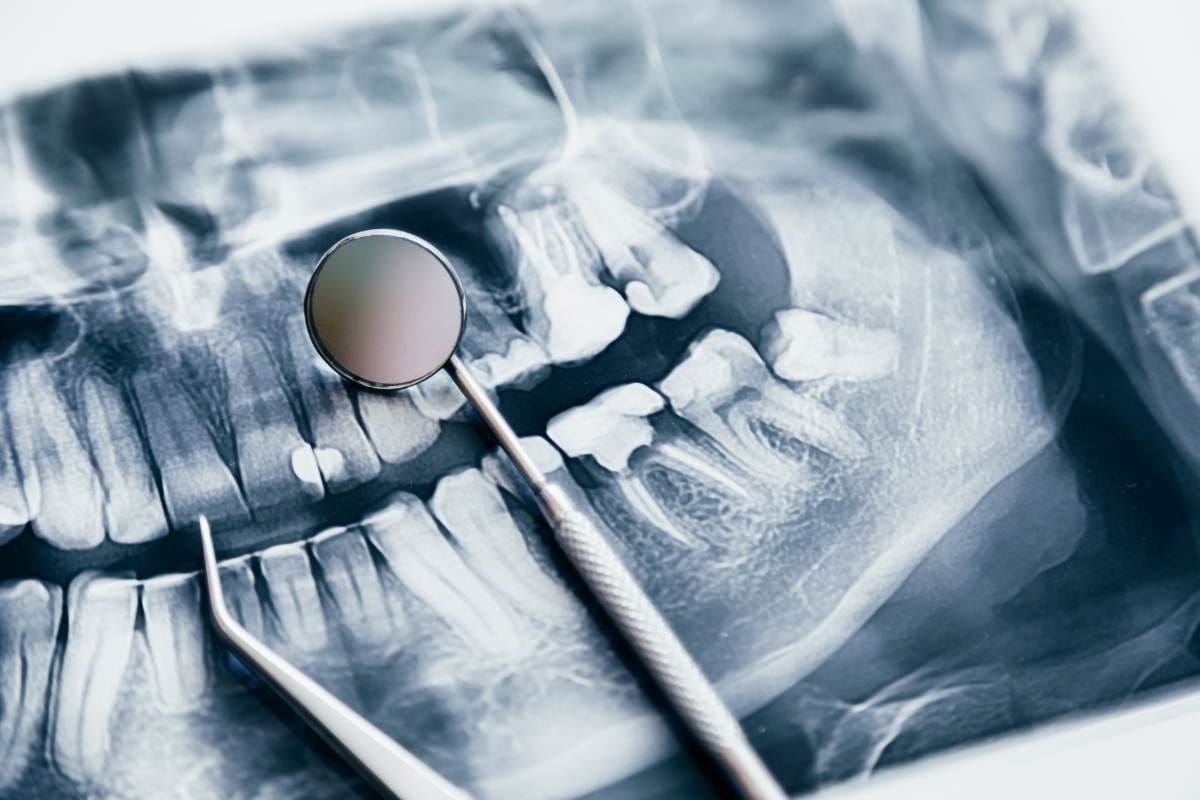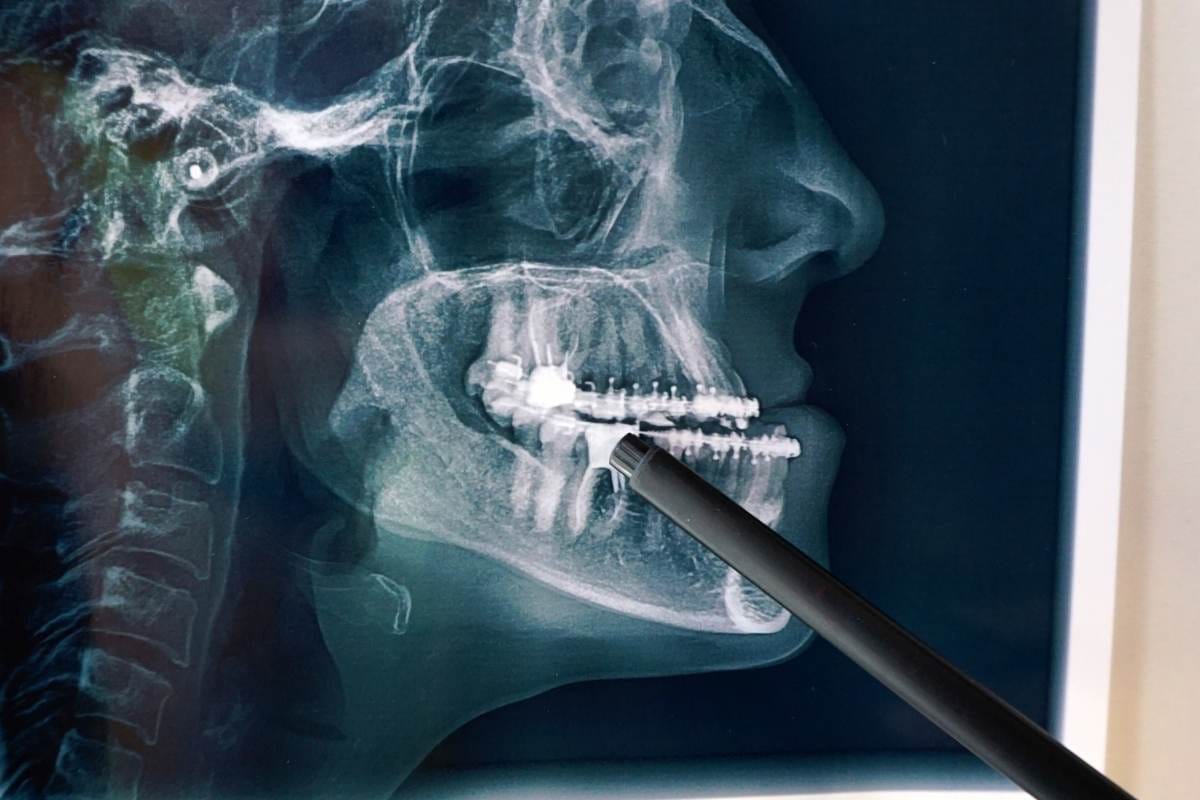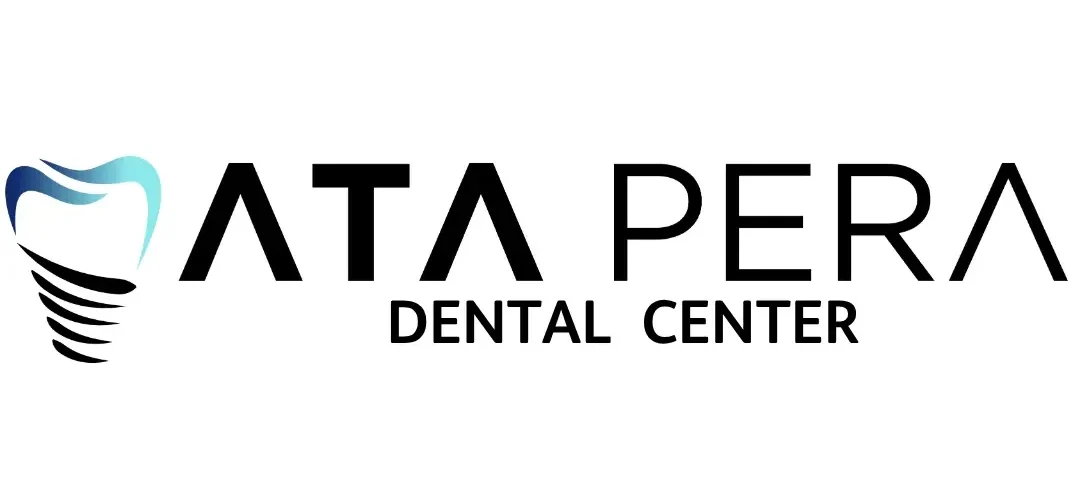Oral, Dental and Maxillofacial Surgery
Oral, Dental and Maxillofacial Surgery is a specialized field that focuses on the surgical treatment of various conditions such as jaw deformities, impacted teeth, trauma, cysts and tumors.
Thanks to modern medical techniques and advanced imaging systems, treatment outcomes have greatly improved, significantly enhancing patient comfort. Timely intervention has a positive impact on both the aesthetic and functional quality of life. Moreover, oral and maxillofacial health plays a vital role in overall body health.
What is Oral, Dental and Maxillofacial Surgery?
Oral, Dental and Maxillofacial Surgery is a specialized branch of medicine that focuses on the diagnosis and surgical treatment of diseases, congenital anomalies and injuries affecting the mouth, jaw, and facial region. It includes procedures such as the extraction of impacted teeth, treatment of jaw fractures, management of joint disorders and removal of cysts and tumors. This field of surgery aims to address both the medical and aesthetic needs of patients, improving their overall oral health and facial function.
Understanding what Oral, Dental and Maxillofacial Surgery entails is important in order to grasp the full scope of surgical procedures within this field. This branch of surgery covers a wide range of treatments, including the extraction of impacted teeth, repair of jaw fractures, management of joint disorders and removal of cysts and tumors. It aims to address both functional health issues and aesthetic concerns. By utilizing modern techniques and advanced technologies, Oral, Dental and Maxillofacial Surgery provides effective solutions that significantly enhance patients’ quality of life.
Since 1999, ATA PERA Dental Center has been a trusted name in the field of dental implants.
Which Treatments Does Oral, Dental and Maxillofacial Surgery Cover?
Oral, Dental and Maxillofacial Surgery includes a variety of surgical procedures tailored to the patient’s individual health condition.
These operations are designed to address both medical and aesthetic concerns. The scope of treatments ranges from jaw joint disorders to the replacement of missing teeth. Each treatment plan is personalized to meet the patient’s unique needs, ensuring the most effective and appropriate solutions. The treatments commonly performed in this surgical field include:
- Impacted Tooth Extraction
- Jaw Fractures and Trauma
- Jaw Joint (TMJ) Disorders
- Cyst and Tumor Surgery
- Orthognathic Surgery (Jaw Correction Surgery)
- Dental Implant and Bone Graft Operations
- Sinus Lifting
- Wisdom tooth problems
- Treatment of intra-osseous lesions of dental origin (Apical Resection)
- Surgical treatment of salivary gland diseases
- Removal of jaw bones and surrounding soft tissue defects
- Dental and jaw-related maxillary sinus pathologies and treatments
- Medical and surgical treatment of infections in the mouth, jaw and face
- Surgical treatments of jaw and facial pain and diseases
- Jawbone augmentation (augmentation) and reconstructive procedures
- Surgical correction of upper and lower jaw disorders
- Surgical treatment of cleft lip and palate
- Surgical treatment of jaw bone necrosis due to cancer treatment
- Hard and soft tissue arrangements before dental prosthesis
These treatments are applied to protect patients’ health and improve their quality of life.

Who is Oral, Dental and Maxillofacial Surgery Suitable for?
Oral, Dental and Maxillofacial Surgery is intended for patients who suffer from serious health issues affecting the jaw, mouth and facial region. Common conditions that require surgical intervention include impacted teeth, jaw fractures, tumors and temporomandibular (jaw joint) disorders. These procedures are especially important for individuals experiencing impaired chewing function, speech difficulties, chronic jaw pain or tooth loss. Additionally, this field of surgery is used to correct congenital jaw deformities, perform reconstructive procedures following facial trauma and treat tooth and gum conditions that need to be prepared for prosthetic applications. The treatment process is carefully planned according to the patient’s specific health condition and is carried out by experienced and specialized surgeons.
How Does the Oral, Dental and Maxillofacial Surgery Process Work?
The Oral, Dental and Maxillofacial Surgery process is structured in stages tailored to the patient’s individual condition. At Ata Pera Dental Clinic, this process is carried out meticulously by our team of experienced specialists and includes the following steps:
- Examination and Diagnosis:The patient’s concerns are thoroughly evaluated through clinical and radiological examinations. The jaw structure, dental condition and overall health status are assessed in detail.
- Treatment Planning: A personalized treatment plan is created based on the patient’s needs. Clear information is provided about the necessity of surgery, possible alternative treatments and the expected healing process.
- Preoperative Preparations: Prior to surgery, all necessary medical examinations are conducted, taking into account the patient’s general health. The date of surgery and the appropriate anesthesia method are planned in advance.
- Operation and Anesthesia Process: At Ata Pera Dental Clinic, modern anesthesia techniques are used to ensure patient comfort and safety. The surgery is performed by highly qualified oral and maxillofacial surgeons under optimal clinical conditions.
- Postoperative Care and Recovery: After surgery, patients receive detailed guidance on post-operative care. Regular follow-up appointments are scheduled to monitor the healing process. Proper post-operative care is essential for preventing complications and ensuring a smooth, speedy recovery.

Technologies Used in Oral, Dental and Maxillofacial Surgery
Modern medical technologies have significantly enhanced the safety, precision and comfort of Oral, Dental and Maxillofacial Surgery. Advanced techniques used today not only lead to faster recovery times but also increase the overall success rate of surgical procedures.
- Digital X-Ray and 3D Imaging Systems: These advanced imaging systems provide a detailed analysis of the patient’s oral and maxillofacial anatomy. They enable more accurate diagnoses and allow surgical interventions to be precisely planned and executed. This results in better treatment outcomes and optimized surgical procedures.
- Laser-Assisted Surgical Procedures:
Laser technology is widely used in soft tissue surgeries due to its ability to minimize bleeding, reduce discomfort and accelerate healing. It is especially effective in procedures such as gum surgery, cyst removal and dental implant placement. Laser-assisted methods are also less invasive, improving patient experience and recovery. - Robotic-Assisted Surgeries:
Cutting-edge robotic systems allow surgeons to perform operations with enhanced precision and control, significantly reducing the margin of error. This technology contributes to safer, more efficient and more predictable outcomes in complex Oral, Dental and Maxillofacial procedures.
These innovative technologies not only improve surgical safety and effectiveness but also provide patients with a more comfortable and streamlined treatment experience.
Things to Consider After Oral, Dental and Maxillofacial Surgery
To ensure a smooth recovery and minimize the risk of complications following Oral, Dental and Maxillofacial Surgery, it is essential to follow certain guidelines carefully. In the first few days after surgery, patients should stick to a diet of soft and liquid foods, avoiding anything extremely hot, cold, spicy or hard, as these can irritate the surgical site and slow down the healing process. Pain management is crucial; prescribed painkillers should be taken regularly and any antibiotic therapy must be completed as directed by the surgeon. Applying cold compresses within the first 24 hours can help reduce swelling and discomfort. Maintaining good hydration, getting enough rest, and practicing proper oral hygiene are important for a successful recovery. Smoking and alcohol consumption should be strictly avoided, as they negatively affect tissue healing. Patients should also be alert to possible complications such as excessive bleeding, severe pain or signs of infection like fever or swelling. In such cases, it is important to contact a dental specialist without delay. Overall, closely following the surgeon’s instructions plays a vital role in promoting a fast, safe and healthy recovery.

Strong and Healthy Teeth with Oral and Maxillofacial Surgery
Oral, Dental and Maxillofacial Surgery plays a vital role not only in enhancing aesthetics but also in restoring functional oral health. Issues such as jaw structure abnormalities, tooth loss, impacted teeth and other oral disorders can be effectively addressed through advanced surgical interventions. At Ata Pera Dental Clinic, patients receive top-quality care from experienced specialists who use state-of-the-art technologies and modern treatment methods. Beyond addressing medical conditions, Ata Pera Dental Clinic places great emphasis on patient comfort, meticulously managing the post-operative care process to ensure optimal recovery. Each treatment plan is tailored to the individual needs of the patient, aiming to restore strong, healthy teeth and improve overall oral function. With a professional and trustworthy approach, Oral, Dental and Maxillofacial Surgery remains a crucial medical discipline that significantly enhances patients’ quality of life.
Which Diseases Does Oral, Dental and Maxillofacial Surgery Treat?
Oral, Dental and Maxillofacial Surgery involves the diagnosis and surgical treatment of various conditions, including jaw fractures, impacted teeth, jaw joint disorders (TMJ), cysts and tumors, tooth loss and other jaw-related disorders.
Does Oral, Dental and Maxillofacial Surgery Include Implant Procedures?
Yes, dental implant procedures are part of the Oral, Dental and Maxillofacial Surgery specialty. Before implant placement, the jawbone is evaluated to ensure it is suitable for supporting the implant. If necessary, bone grafting can be performed to strengthen the area and create a stable foundation for the implant.
Does Oral, Dental and Maxillofacial Surgery perform root canal treatment?
No, root canal treatments are typically carried out by endodontic specialists. However, Oral, Dental and Maxillofacial Surgery may be involved in related surgical procedures such as apical resection, which is performed when issues occur at the tip of a tooth root that cannot be resolved with conventional root canal therapy.
What Is the Difference Between Oral and Maxillofacial Surgery and General Dentistry?
While general dentistry focuses on maintaining oral and dental health through preventive care, restorations and routine treatments, Oral and Maxillofacial Surgery is a specialized field that deals with more complex surgical interventions. It addresses conditions such as jaw fractures, impacted teeth, cysts, tumors and performs corrective procedures like orthognathic (jaw alignment) surgery.
What Does Oral, Dental, and Maxillofacial Surgery Involve?
Oral, Dental and Maxillofacial Surgery treats structural and functional disorders in the mouth, teeth and jaw using advanced surgical methods. This specialty includes procedures such as the treatment of jaw joint disorders (TMJ), dental implant placement, cyst and tumor removal, orthognathic surgery and the extraction of impacted teeth.

